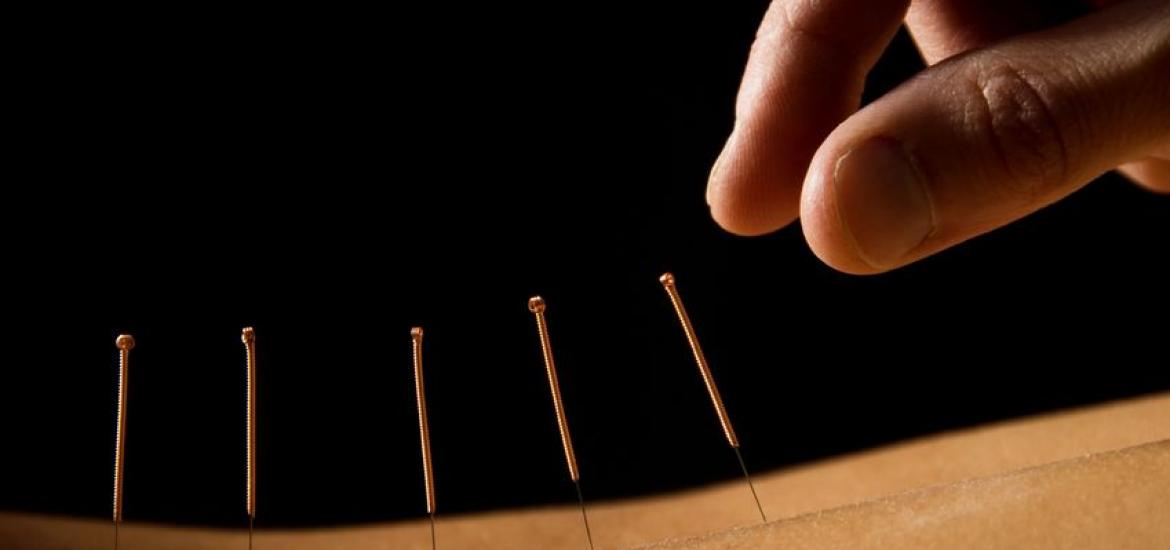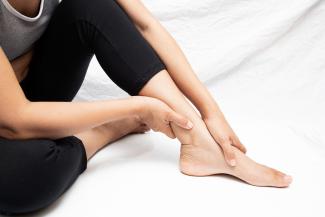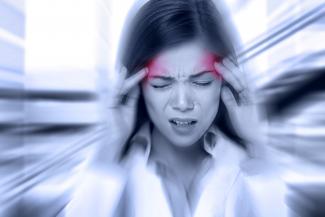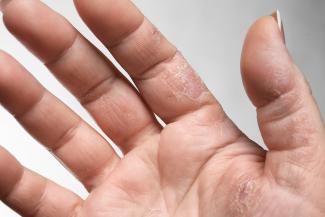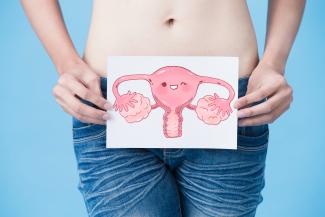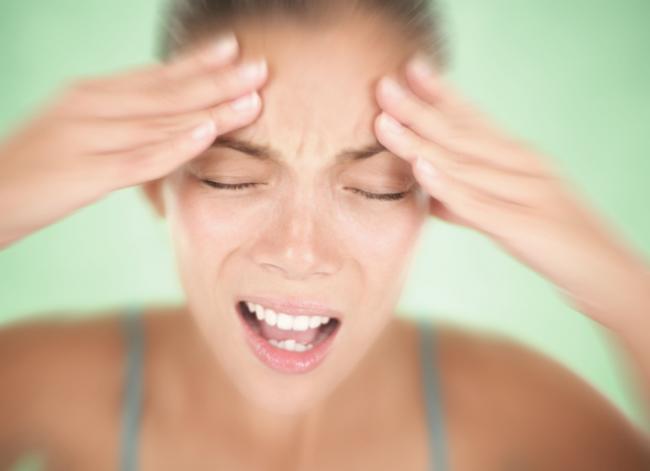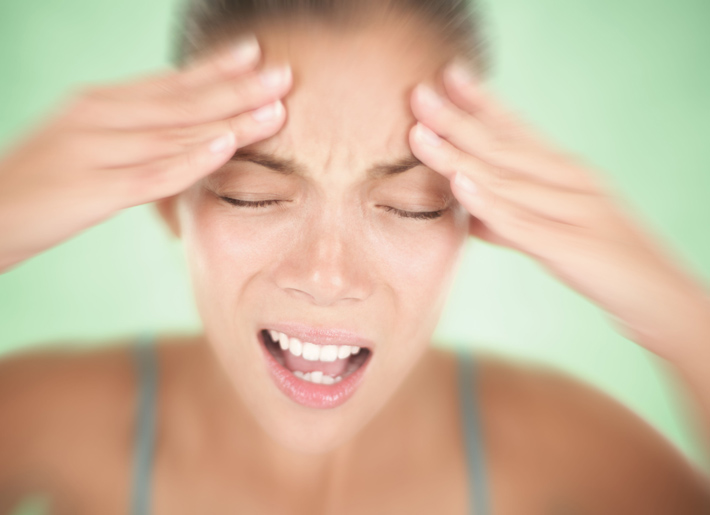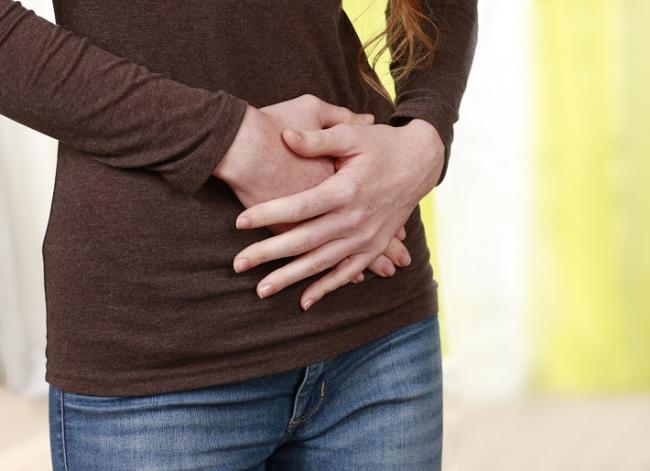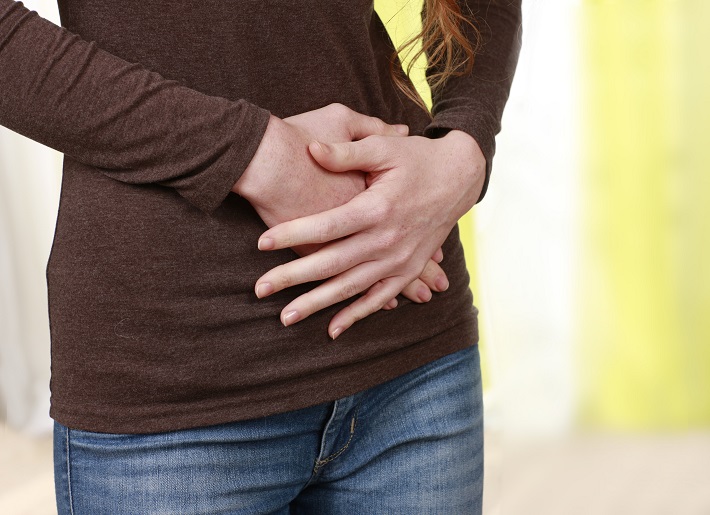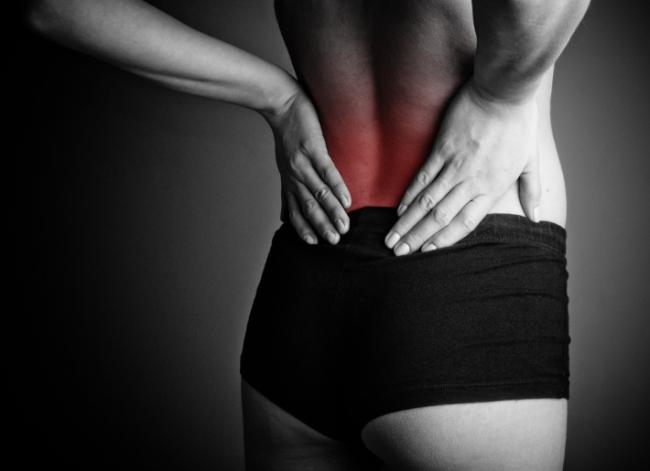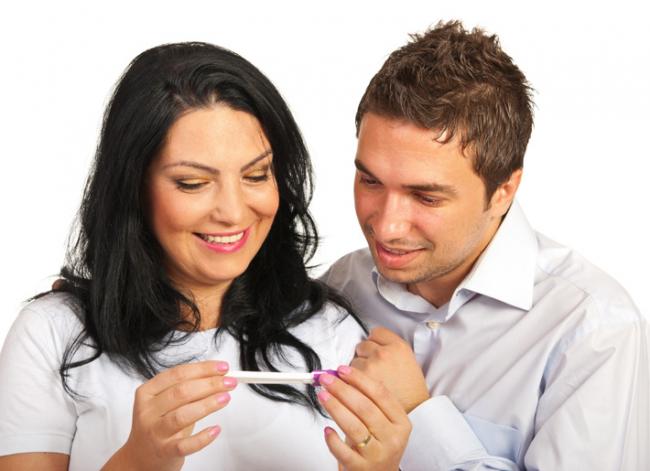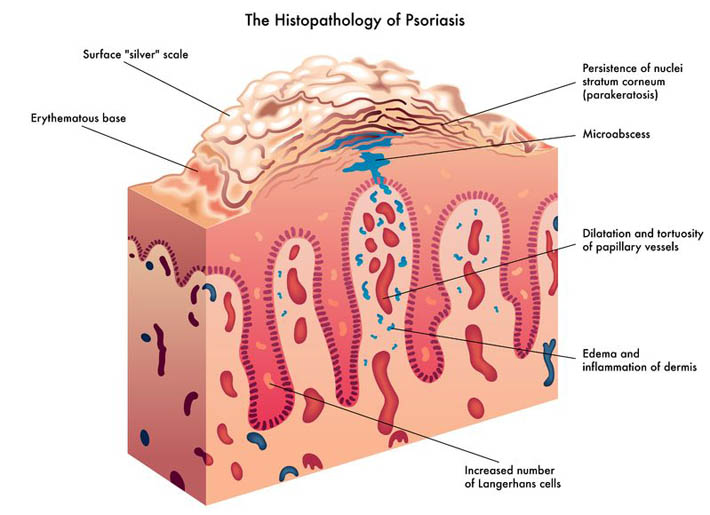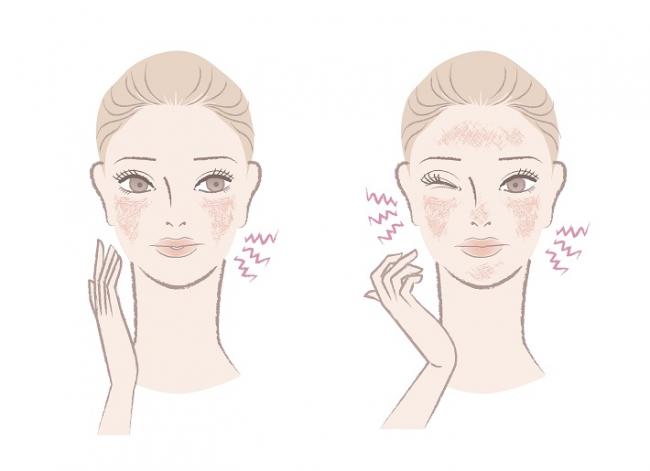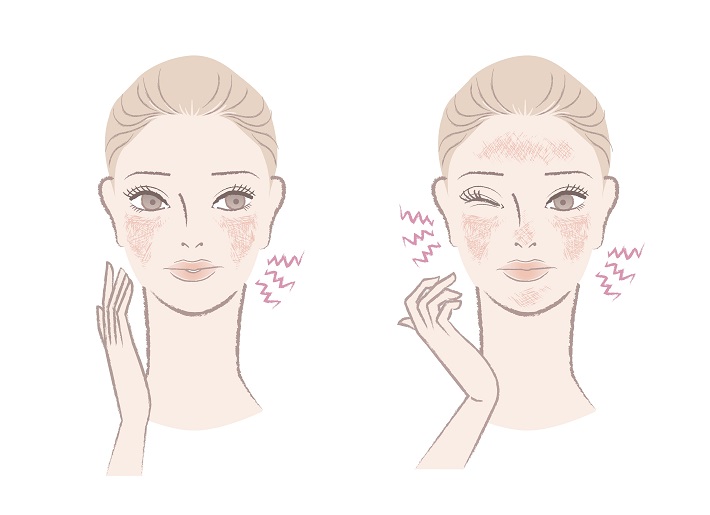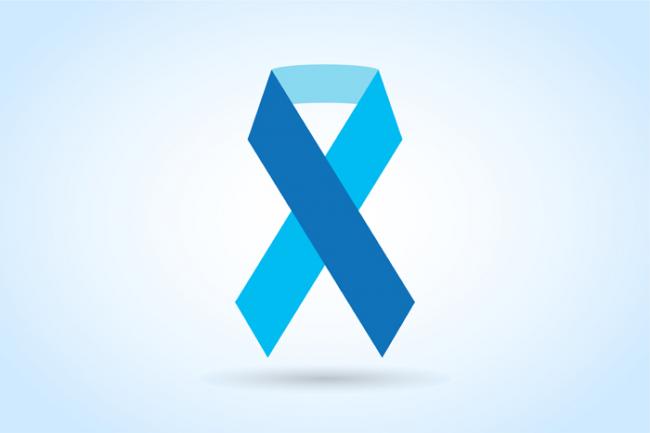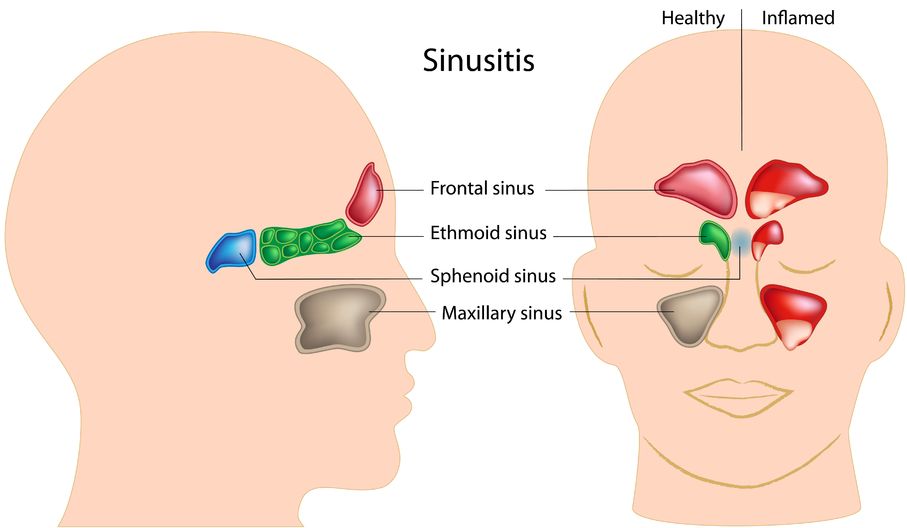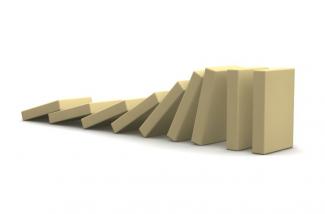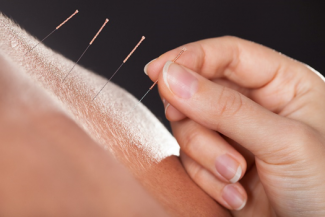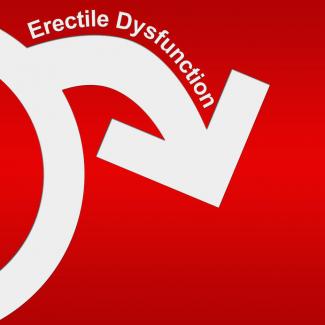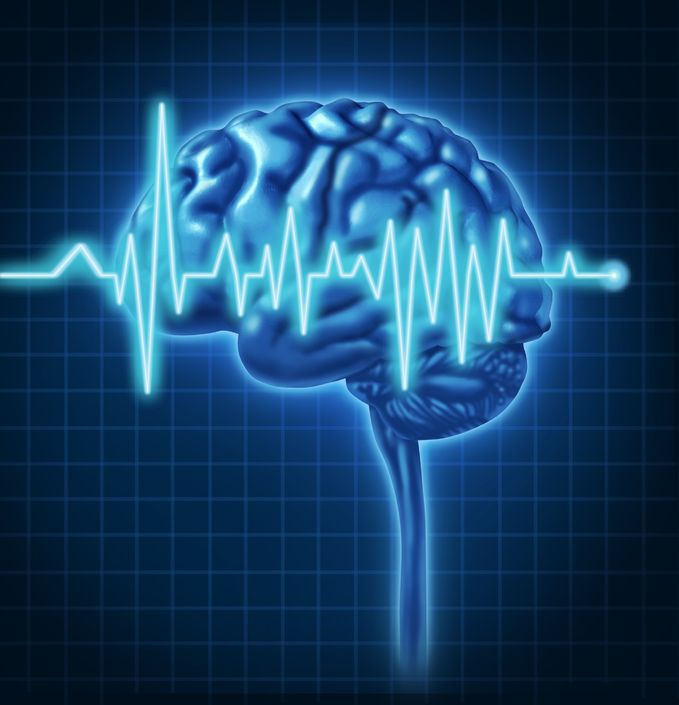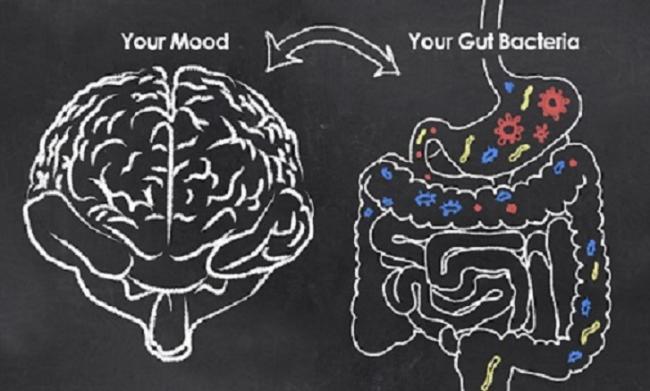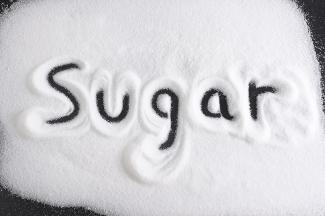Part I: Acupuncture and Pregnancy
While becoming pregnant is wonderful news, especially for couples who have faced fertility challenges, it is only the beginning of the journey. Unfortunately not all pregnancies are 40 weeks of smooth sailing. Some women are faced with more serious concerns such as vaginal bleeding (and therefore presumed threatened miscarriages) giving rise to much stress and anxiety, while others suffer from severe nausea/vomiting. While a healthy lifestyle including a well-balanced diet and appropriate exercise can help minimize these issues, for some women medical intervention is necessary. In the realm of complementary medicine, acupuncture has been found to greatly benefit pregnant women, especially since it has minimal side effects to both the mother and the baby.
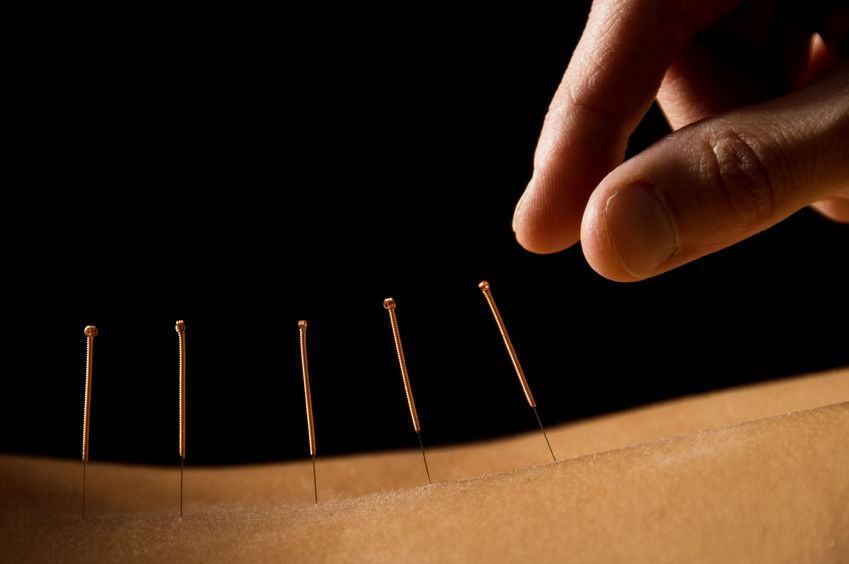
Threatened miscarriage is the most serious concern with any pregnancy. It is experienced by about 20% of pregnant woman and presents primarily with vaginal bleeding. While the majority of miscarriages are attributed to chromosomal abnormality, the reason for the rest is often poorly understood. The conventional medical approach to vaginal bleeding is often simply “watchful waiting.” Patients rely mostly on supportive care interventions such as abstinence from intercourse, bed rest, relaxation techniques, and psychological counselling. Acupuncture is a complementary therapeutic option that has been found to be safe and has demonstrated encouragingly successful effectiveness. One study that examined the collective benefit of complementary and alternative medicine (CAM) treatment options for threatened miscarriage concluded that although more evidence is needed investigating the effect acupuncture in this area, at the very least, its effects on hormonal balance and stress reduction appears to improve the clinical outcome.(1) Another study confirms the effect of acupuncture on hormone profile of pregnant women, which in turn shortened vaginal bleeding.(2) Progesterone is a hormone that reduces the irritability of the uterus and promotes the maintenance of the pregnancy. Since low progesterone levels can be a contributing factor in miscarriage, the effect of acupuncture on hormone levels may be part of the way if helps improve outcomes of threatened miscarriage. In addition to effects on hormone levels, acupuncture may have its own effects on the uterus. Studies not directly examining miscarriage, but conducted among women with various pelvic/ uterine conditions such as fibroids, endometriosis, etc as well as a study in women with infertility have shown therapeutic effects from use of acupuncture, improving these conditions and increasing blood flow to the uterus.(3,4) These might represent independent, non-hormonal ways that acupuncture reduces risk of miscarriage. One study found that women who received fertility treatment with acupuncture and moxibustion (a method of applying external heat above the point) regularly for three menstrual cycles had not only improve ovulation rates but also lower miscarriage rates compared to women receiving only Clomid treatment.(5) In Part II we will examine the role of acupuncture in another common concern in pregnancy: nausea and vomiting.
Acupuncture, Pregnancy, and Perinatal Health - From pregnancy to post natal blues.
Part II: Nausea and Vomiting of Pregnancy
Nausea and vomiting of pregnancy, often referred to as morning sickness affects 60-70% of all pregnant women.(1) These symptoms are not limited to only the morning hours, they can persist all day. Although it is usually self-limiting, disappearing by week 16, it is a nuisance to live with. In more serious cases, it can present as hyperemesis gravidarum (severe nausea and vomiting that does not allow the pregnant woman to ingest food in adequate amounts to support the pregnancy or her own nutritional needs). The mechanism for how and why nausea of pregnancy happens is not well defined, however it is thought to be in part due to the action of human chorionic gonadotropin (hCG) on certain centers in the brain as well as effects on the digestive tract.(1,2) The hormone hCG is “the pregnancy hormone” and rises quickly in the first trimester, which may explain why nausea is often worse then. One of its effects is slowing gastric (stomach) emptying, which could predispose to nausea.(2)

A number of studies have shown that compared to no treatment or sham acupuncture, traditional acupuncture helps to reduce the frequency and severity of nausea and vomiting, both during pregnancy as well as in other populations.(3,4,5) Another Australian study involving over 500 women found that weekly acupuncture for four weeks significantly reduced the incidents of nausea and dry retching in pregnant women, compared to both no treatment and sham acupuncture.(4) Effects were seen as early as two weeks in. It addition to less severe nausea and vomiting, acupuncture has also shown effectiveness for hyperemesis gravidarum, as an adjunctive therapy to standard medical treatments for the condition.(6) A small Korean study examined use of a single acupuncture point, called PC6, for hyperemesis gravidarum, and concluded that acupuncture at this particular point reduced vomiting, ketouria (an indication that the pregnant woman has not been eating adequately), as well as rate for hospitalization, compared to either no treatment and placebo.(7) Finally, according to a systematic literature review, the benefits of acupuncture is not limited to nausea and vomiting when used for pregnant women; it is also effective for back pain, which often appears in the later stages of pregnancy, as well as for breech presentation of the baby, and management of labour pains.(7) In Part III, we will shift gears and move into the role of acupuncture in supporting recovery post-birth, particularly with respect to maternal health.
References
1. Festin M. Nausea and vomiting in early pregnancy. Clin Evid (Online). 2009;2009.
2. Seow KM, Lee JL, Doong ML, Huang SW, Hwang JL, Huang WJ, et al. Human chorionic gonadotropin regulates gastric emptying in ovariectomized rats. J Endocrinol. 2013;216(3):307-14.
3. Markose MT, Ramanathan K, Vijayakumar J. Reduction of nausea, vomiting, and dry retches with P6 acupressure during pregnancy. Int J Gynaecol Obstet. 2004;85(2):168-9.
4. Smith C, Crowther C, Beilby J. Acupuncture to treat nausea and vomiting in early pregnancy: a randomized controlled trial. Birth. 2002;29(1):1-9.
5. Yang Y, Zhang Y, Jing NC, Lu Y, Xiao HY, Xu GL, et al. [Electroacupuncture at Zusanli (ST 36) for treatment of nausea and vomiting caused by the chemotherapy of the malignant tumor: a multicentral randomized controlled trial]. Zhongguo Zhen Jiu. 2009;29(12):955-8.
6. Carlsson CP, Axemo P, Bodin A, Carstensen H, Ehrenroth B, Madegård-Lind I, et al. Manual acupuncture reduces hyperemesis gravidarum: a placebo-controlled, randomized, single-blind, crossover study. J Pain Symptom Manage. 2000;20(4):273-9.
7. Shin HS, Song YA, Seo S. Effect of Nei-Guan point (P6) acupressure on ketonuria levels, nausea and vomiting in women with hyperemesis gravidarum. J Adv Nurs. 2007;59(5):510-9.
8. Smith CA, Cochrane S. Does acupuncture have a place as an adjunct treatment during pregnancy? A review of randomized controlled trials and systematic reviews. Birth. 2009;36(3):246-53.
Acupuncture, Pregnancy, and Perinatal Health - From pregnancy to post natal blues.
Part III: Maternal Health after Birth
Although the birth of a healthy full-term baby is a joyous occasion, many women experience challenges while transitioning to being a new mother. These challenges could be physical and/or mental emotional, and post-partum depression and difficulties with breastfeeding being common examples. We will discuss breastfeeding related concerns in Part IV. Here we focus on the therapeutic role of acupuncture in post-partum depression.
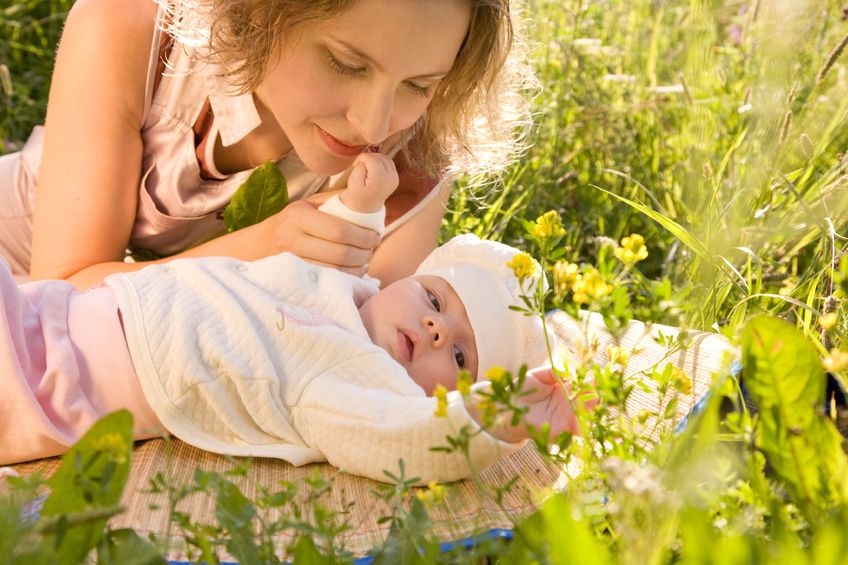
Post-partum depression is experienced by 10-15% of women. It is much more than just a so-called “psychological disorder,” because it impacts other aspects of health as well, such as sleep quality, energy levels, and the ability of the mother to engage in other important health related activities such as eating properly and resuming appropriate exercise.(1) A number of factors increase the risk of developing postpartum depression, including the mother’s nutritional status(2) and her level of physical activity.(3) These are important to consider when approaching post-partum depression, however in addition to these, acupuncture is a therapy that may be a good adjunct, since it does not require a large amount of expenditure of energy on the part of the mother, and in fact can be a time for her to rest. It is well-documented that acupuncture is an effective treatment option for depression.(4,5) How effective is it for depression associated with pregnancy specifically? The evidence that exists on the subject is encouraging. A study involving 61 patients with depression during pregnancy randomized subjects to two groups: one group was treated with massage therapy, the other with acupuncture, both for eight weeks. The authors concluded that the patients treated with acupuncture showed statistically significant better results compared to those received massage therapy.(6) Another study compared true acupuncture treatment to sham acupuncture for the effectiveness at treating major depressive disorder postpartum. These patients displayed mild symptoms at the onset of the study. The results of this study showed that both acupuncture and sham-acupuncture reduced depressive symptoms compared to baseline, though the difference between the two was not statistically significant. Since depression is a psychological disorder, it is possible that the so-called “placebo effect” of receiving sham acupuncture had a greater impact than expected.(7) In Part IV, we will discuss the role of acupuncture in assisting with breastfeeding related problems. Stay tuned…
References
1. Swanson LM, Flynn H, Adams-Mundy JD, Armitage R, Arnedt JT. An open pilot of cognitive-behavioral therapy for insomnia in women with postpartum depression. Behav Sleep Med. 2013;11(4):297-307.
2. Leung BM, Kaplan BJ, Field CJ, Tough S, Eliasziw M, Gomez MF, et al. Prenatal micronutrient supplementation and postpartum depressive symptoms in a pregnancy cohort. BMC Pregnancy Childbirth. 2013;13:2.
3. Nascimento SL, Surita FG, Cecatti JG. Physical exercise during pregnancy: a systematic review. Curr Opin Obstet Gynecol. 2012 Dec;24(6):387-94.
4. Fan L, Fu WB, Xu NG, Liu JH, Fan L, Ou AH. [Impacts of acupuncture and moxibustion on outcome indeices of depression patients' subjective reports]. Zhongguo Zhen Jiu. 2012 May;32(5):385-9.
5. Zhang GC, Fu WB, Xu NG, Liu JH, Zhu XP, Liang ZH, Huang YF, Chen YF. Meta analysis of the curative effect of acupuncture on post-stroke depression. J Tradit Chin Med. 2012 Mar;32(1):6-11.
6. Manber R, Schnyer RN, Allen JJ, Rush AJ, Blasey CM. Acupuncture: a promising treatment for depression during pregnancy. J Affect Disord. 2004;83(1):89-95.
7. Chung KF, Yeung WF, Zhang ZJ, Yung KP, Man SC, Lee CP, et al. Randomized non-invasive sham-controlled pilot trial of electroacupuncture for postpartum depression. J Affect Disord. 2012;142(1-3):115-21.
Acupuncture, Pregnancy, and Perinatal Health - From pregnancy to post natal blues.
Part IV: Acupuncture and Breastfeeding

Difficulty with adequate milk supply and successful breast-feeding is an area of frequent difficulty for mothers of newborns. Often, the source of the issue is that the mother is not able to produce adequate breast milk, causing anxiety and further challenges. Mastitis is another frequent problem, leading to inflammation, pain, and problems breastfeeding. Acupuncture may not come to mind when dealing with such issues, however in addition to a long history of traditional use, there is a surprising amount of research that has been done in this area. In this section we discuss the potential benefits of acupuncture in improving milk supply issues, mastitis. While many mothers understand the benefits of breast feeding, challenges often lead to early termination of breast-feeding. Both traditional somatic acupuncture as well as auricular acupuncture have shown promising results in increasing lactation in mothers who are experiencing hypolactation.(1,2) Another study that examined 90 mothers with new born babies compared the length of breast-feeding of those being observed (by seeing a midwife weekly for 3 weeks), to those who received acupuncture treatment twice a week for 3 weeks. The observation group had statistically lower rates of breast-feeding by month 3 postpartum, suggesting that acupuncture may help women avoid or overcome some of the commonly encountered problems.(4) In China, traditional herbal medicine is often used alongside acupuncture to treat conditions such as inadequate lactation. Chinese herbal concoctions often have strong and unpleasant tastes; so it is fortunate that according to one study, acupuncture alone may be equally effective compared to herbal formulations in treating low milk production.(3) Mastitis is defined as inflammation of the breast caused by a number of factors such as engorgement of breasts (hyperlactation), blocked milk ducts and bacterial infection resulting from broken skin of the nipple. It is a painful condition that can interfere with successful breast-feeding. Treatment options for mastitis are limited to home care methods such as cold compresses, unless bacterial infection is involved, in which case, antibiotics may be prescribed. Therefore there is a need for safe and effective clinical interventions for mastitis that pose few side effects. A Chinese study involving 15 patients found that daily acupuncture treatment completely alleviated symptoms of mastitis within 2.5 days on average!(5) In summary, acupuncture can be used as an effective therapy for a wide range of gynecological and postpartum issues. Although more rigorous studies are needed to better explain the effects of acupuncture in these conditions, acupuncture poses little side effects, and may represent both a safe and effective option for women.
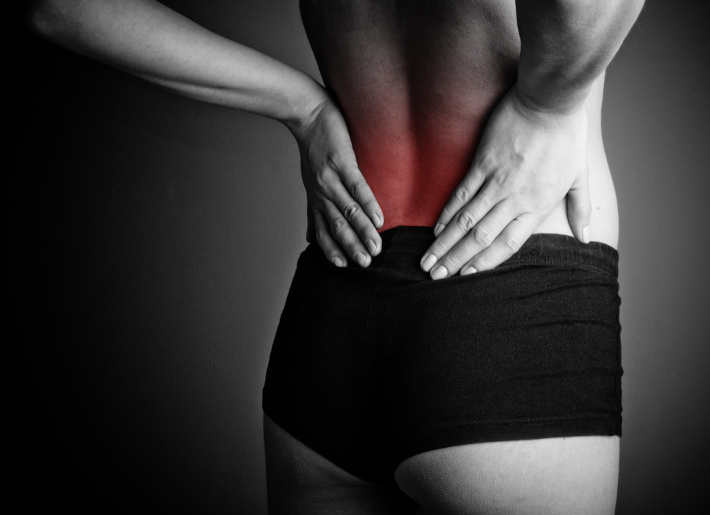 Back pain is extremely common and has been experienced by almost everyone at one point in life. The official name for low back pain is lumbago, and it is literally defined as pain in the lower back. There are many possible causes for back pain, and often it is not even possible to identify a specific cause. If this is the case, it might be called nonspecific.
Back pain is extremely common and has been experienced by almost everyone at one point in life. The official name for low back pain is lumbago, and it is literally defined as pain in the lower back. There are many possible causes for back pain, and often it is not even possible to identify a specific cause. If this is the case, it might be called nonspecific. 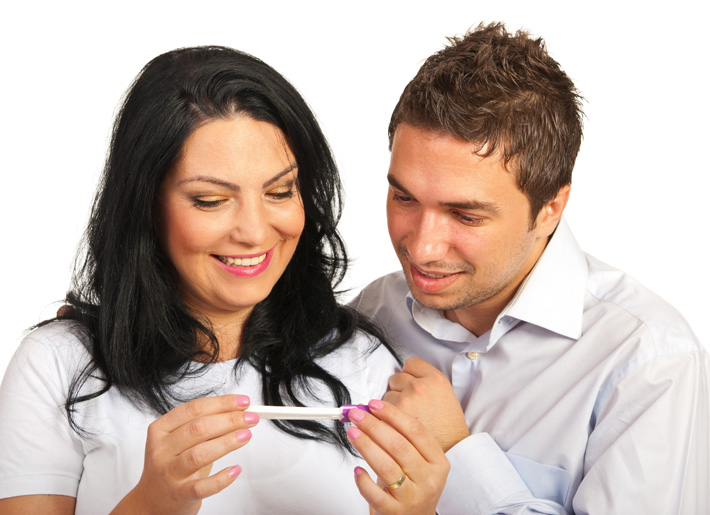 Male fertility is measured by sperm quality and count. A man is considered at risk for infertility if his sperm count is less than 20 million per millilitre, and may be sterile if the sperm count is less than 500,000 per millilitre. Semen analysis is commonly done by light microscope and scanning electron microscope. Female infertility has become a medical hot topic, but what about men; the other half of the equation?
Male fertility is measured by sperm quality and count. A man is considered at risk for infertility if his sperm count is less than 20 million per millilitre, and may be sterile if the sperm count is less than 500,000 per millilitre. Semen analysis is commonly done by light microscope and scanning electron microscope. Female infertility has become a medical hot topic, but what about men; the other half of the equation?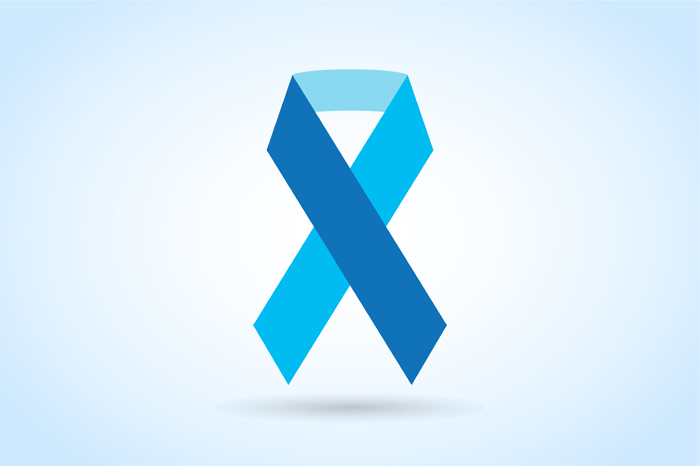 The use of complementary medicine for the treatment of cancer and its side effects has skyrocketed in recent years. Complementary therapies refer to ones that are nonpharmaceutical in nature, and that have the potential to not only enhance quality of life, but also to reduce side effects of conventional therapy.
The use of complementary medicine for the treatment of cancer and its side effects has skyrocketed in recent years. Complementary therapies refer to ones that are nonpharmaceutical in nature, and that have the potential to not only enhance quality of life, but also to reduce side effects of conventional therapy.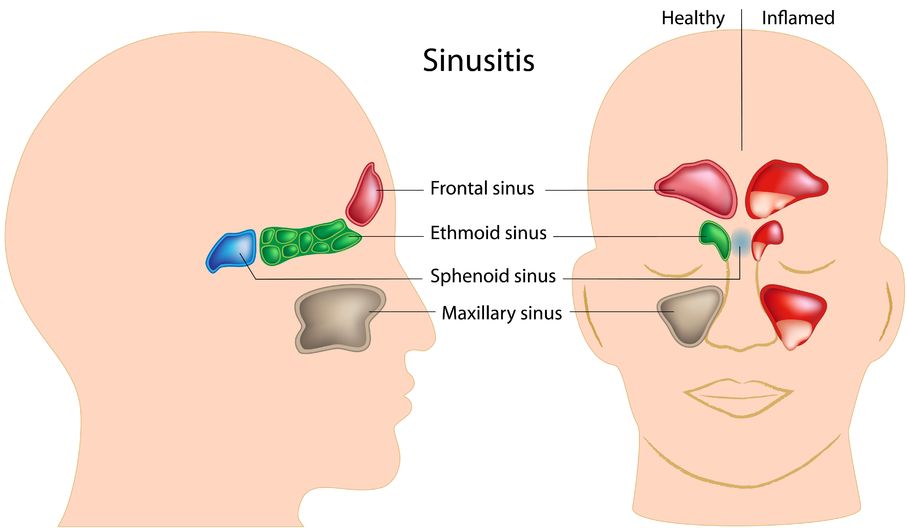 Sinusitis is the inflammation of the sinuses. The sinuses are actually a system of openings or cavities that are part of the skull. The largest one is the maxillary sinus, located near the cheekbones. It is often the one that most people complain about when they are experiencing facial pain. The other sinuses include the frontal sinuses, the ethmoid sinuses, and the sphenoid sinuses.
Sinusitis is the inflammation of the sinuses. The sinuses are actually a system of openings or cavities that are part of the skull. The largest one is the maxillary sinus, located near the cheekbones. It is often the one that most people complain about when they are experiencing facial pain. The other sinuses include the frontal sinuses, the ethmoid sinuses, and the sphenoid sinuses. Without question, receiving a cancer diagnosis is life altering, and may bring with it more fear than any other diagnosis. Patients may fear for their life, fear telling their family, friends and coworkers, and fear what the treatment will be like. This has a huge psychological impact, and stress levels are drastically increased.
Without question, receiving a cancer diagnosis is life altering, and may bring with it more fear than any other diagnosis. Patients may fear for their life, fear telling their family, friends and coworkers, and fear what the treatment will be like. This has a huge psychological impact, and stress levels are drastically increased. Chronic pain affects a large percentage of the general population on a daily or otherwise regular basis. It includes a variety of different conditions, such as osteoarthritis (“wear and tear” arthritis), rheumatoid arthritis, migraine, fibromyalgia, low-back pain, and even repetitive strain conditions such as various types of tendonitis and other injuries that do not heal properly.
Chronic pain affects a large percentage of the general population on a daily or otherwise regular basis. It includes a variety of different conditions, such as osteoarthritis (“wear and tear” arthritis), rheumatoid arthritis, migraine, fibromyalgia, low-back pain, and even repetitive strain conditions such as various types of tendonitis and other injuries that do not heal properly.
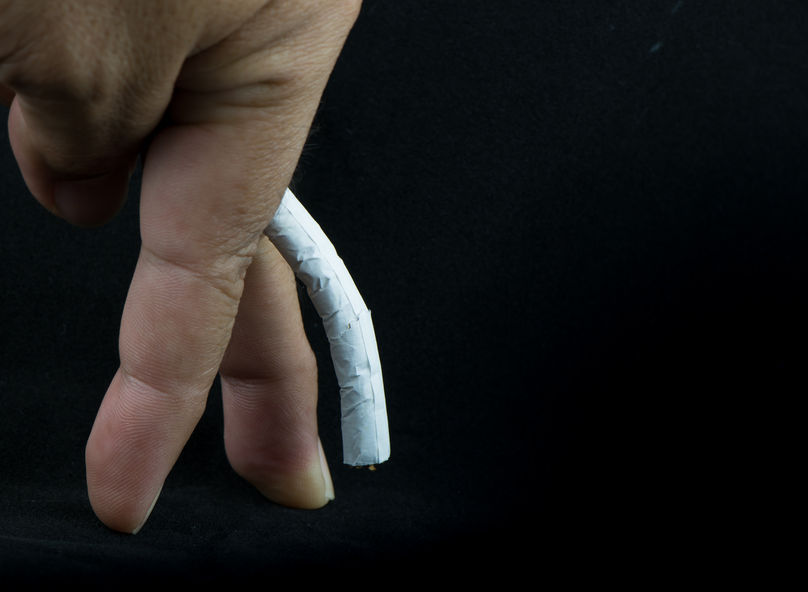 Among all sexual dysfunctions, erectile dysfunction (ED) is the most common [1]. Approximately 1 in 10 men worldwide have ED, the prevalence ranging from 10-71% for men older than 70 years old [2]. This range is so wide and there are no reliable figures available for the incidence and prevalence of ED because most men do not seek treatment. Social stigma is all too familiar and continues to be a reality for men suffering with erectile dysfunction (ED), this being the biggest barrier to them seeking treatment.
Among all sexual dysfunctions, erectile dysfunction (ED) is the most common [1]. Approximately 1 in 10 men worldwide have ED, the prevalence ranging from 10-71% for men older than 70 years old [2]. This range is so wide and there are no reliable figures available for the incidence and prevalence of ED because most men do not seek treatment. Social stigma is all too familiar and continues to be a reality for men suffering with erectile dysfunction (ED), this being the biggest barrier to them seeking treatment.

